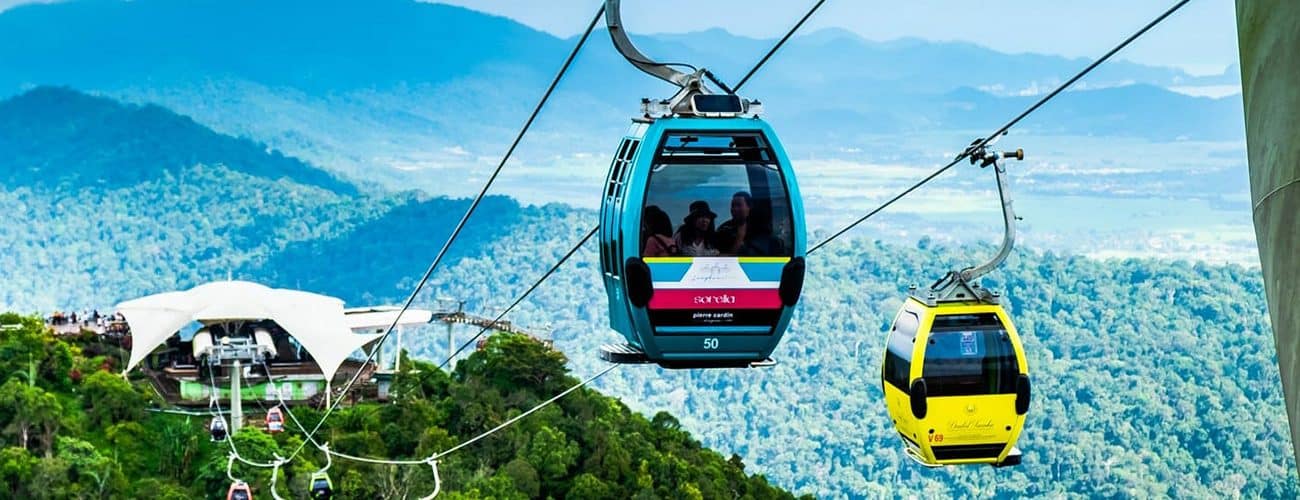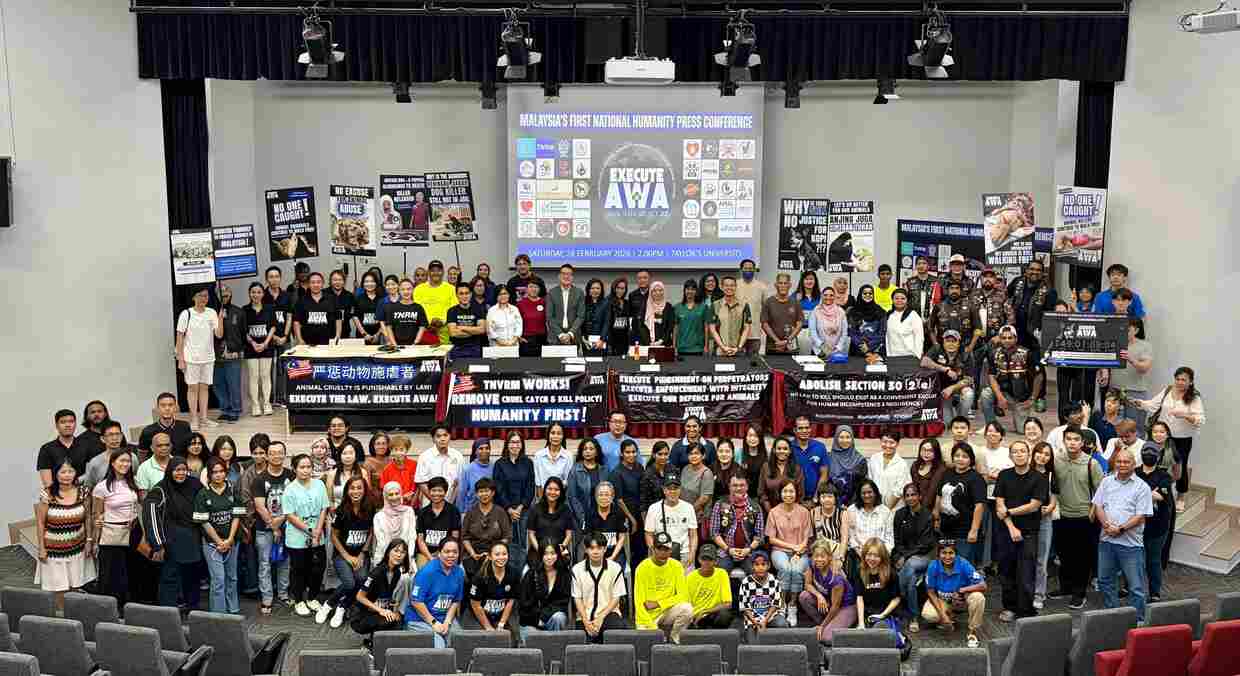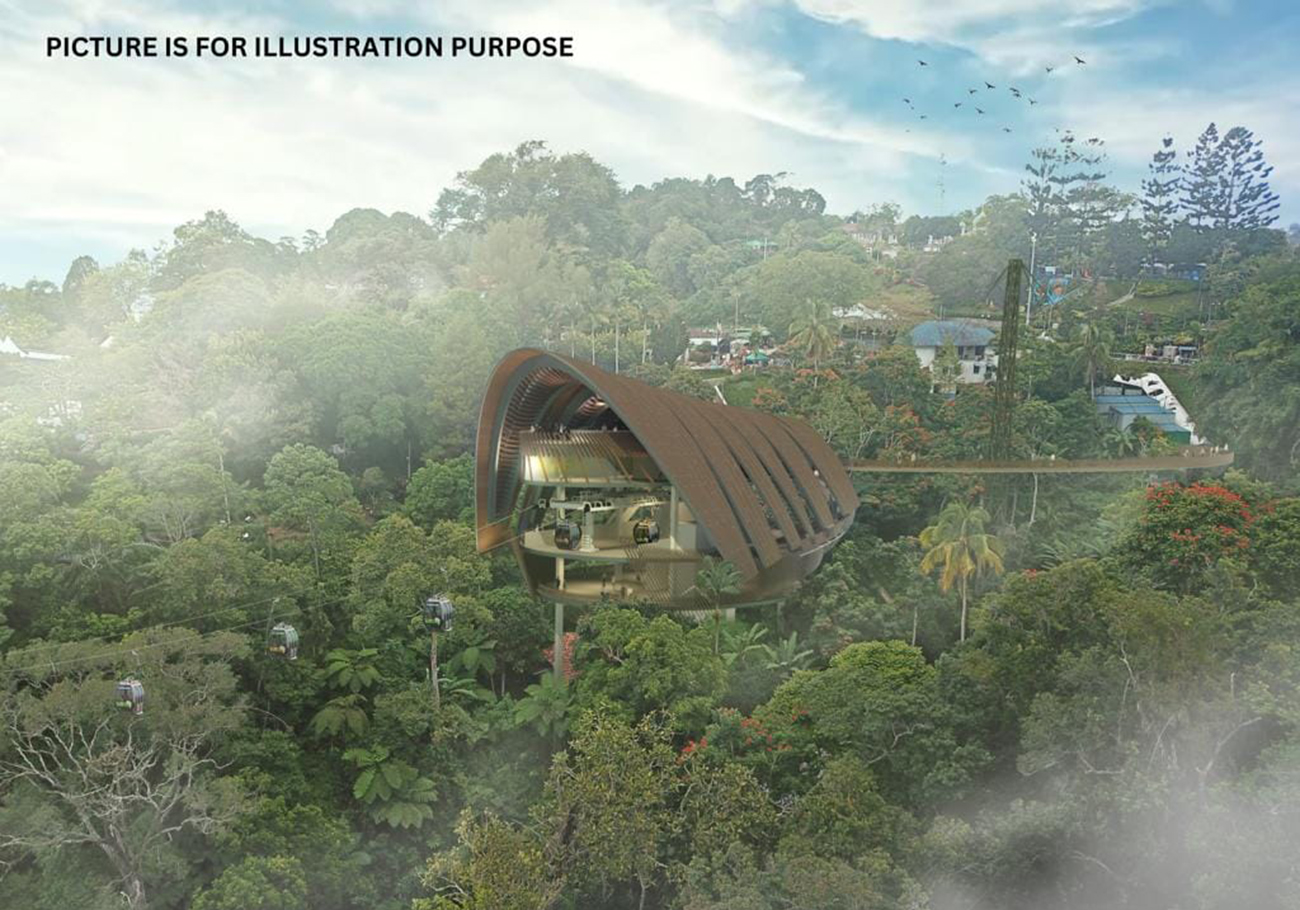
The Penang Hill Cable Car project, a highly anticipated development in Penang, has faced scrutiny regarding its environmental impact assessment (EIA) approval process.
Sahabat Alam Malaysia (SAM), an environmental NGO, recently raised concerns about public participation in a recent press release.
Following this, Penang Hill Corporation (PHC), the project developer, has issued a detailed response addressing these concerns and outlining their commitment to transparency and environmental responsibility.
Transparency and a rigorous review process
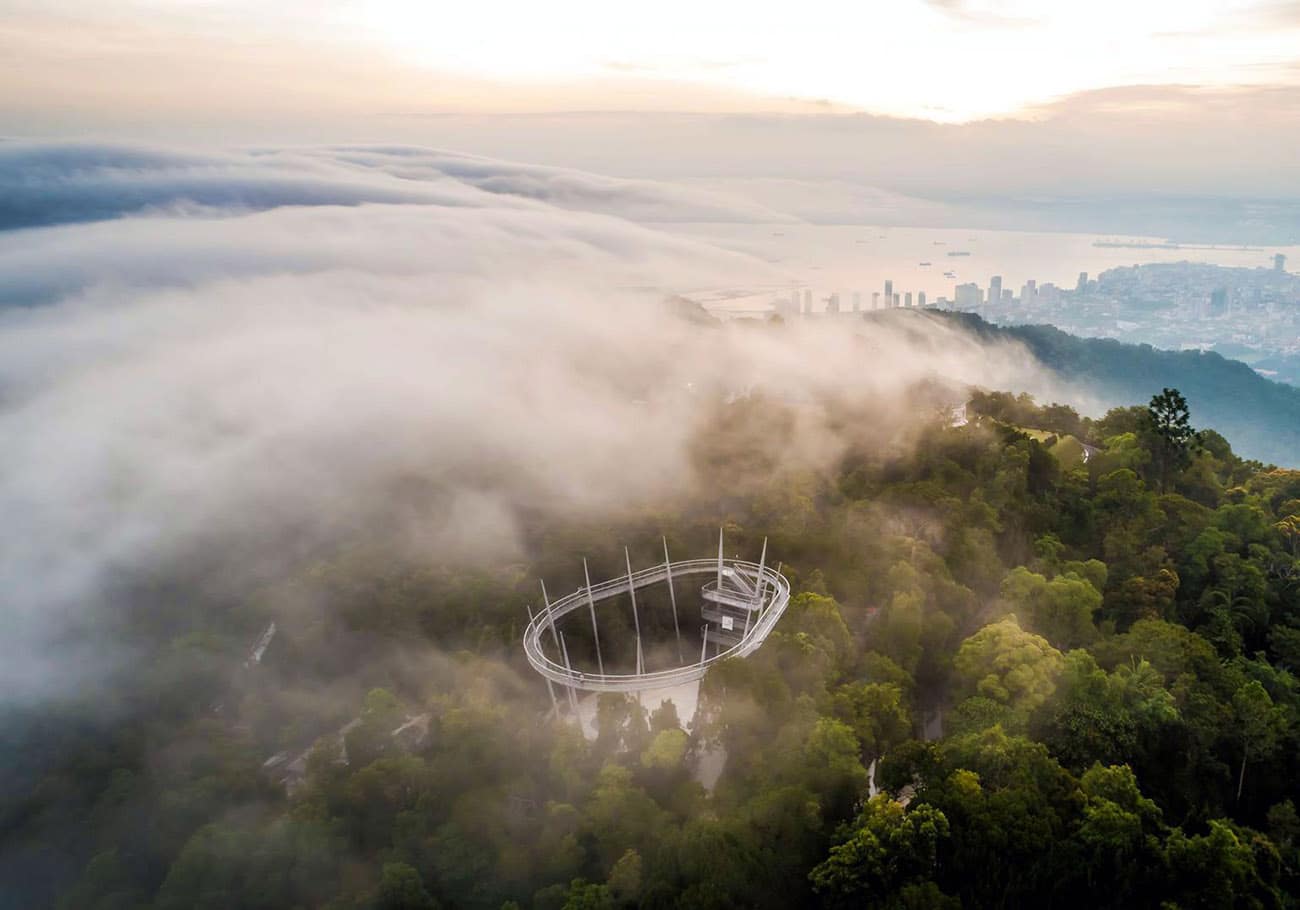
PHC underscores its commitment to transparency and public engagement. They organized targeted focus group discussions as part of the project’s Social Impact Assessment (SIA).
While a “broad majority consensus” was achieved from participating stakeholders, PHC acknowledged that SAM did not attend these discussions.
Furthermore, PHC emphasises that the project strictly adheres to legal and safety protocols.
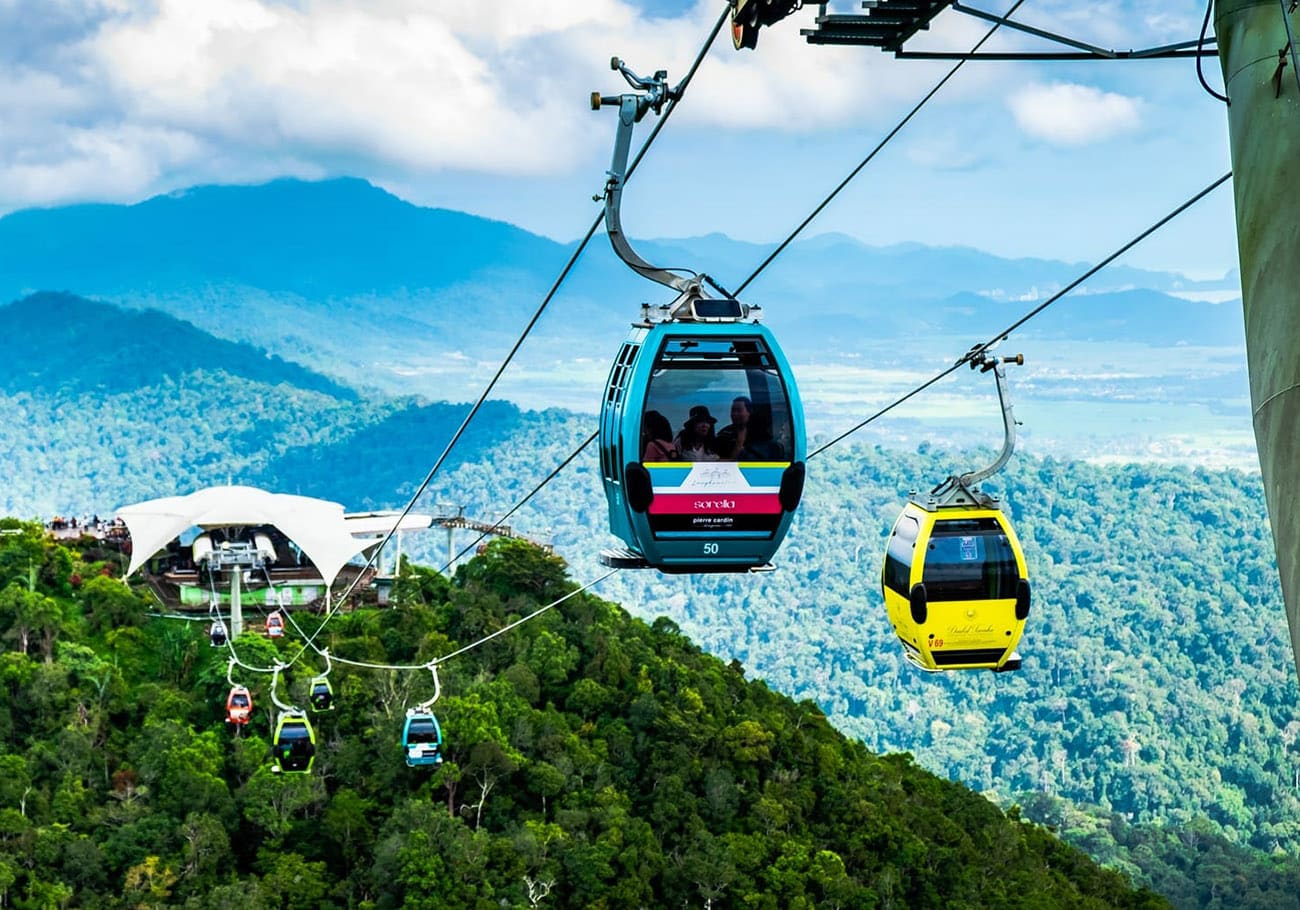
Thousands of hours were dedicated to design and review by certified engineers, architects, and consultants, including international cable car specialists from Doppelmayr Group.
Independent experts conducted the SIA, EIA, Traffic Impact Assessment (TIA), and Geotechnical Assessment reports, demonstrating PHC’s commitment to a thorough and objective process.
Environmental considerations for cable car project
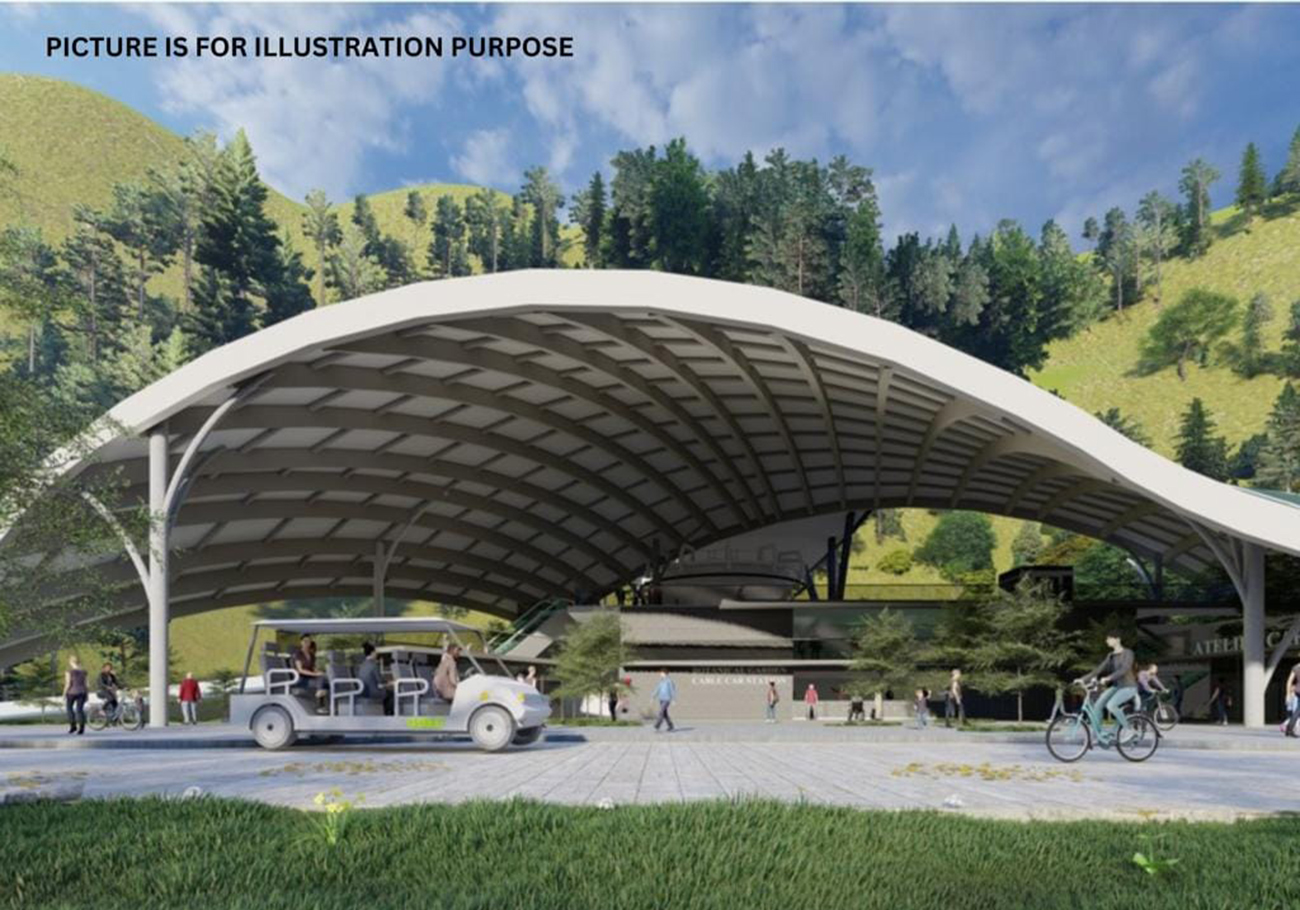
Concerns regarding the project’s environmental impact were also addressed. PHC collaborated with the Penang Forestry Department and expert arborists to meticulously identify and assess trees earmarked for removal.
These findings, along with detailed assessments, were submitted to both the Penang Island City Council (MBPP) and the Department of Environment, ensuring transparency and compliance with environmental regulations.
The project falls under the First Schedule of the Environmental Quality (Prescribed Activities) (Environmental Impact Assessment) Order 2015.
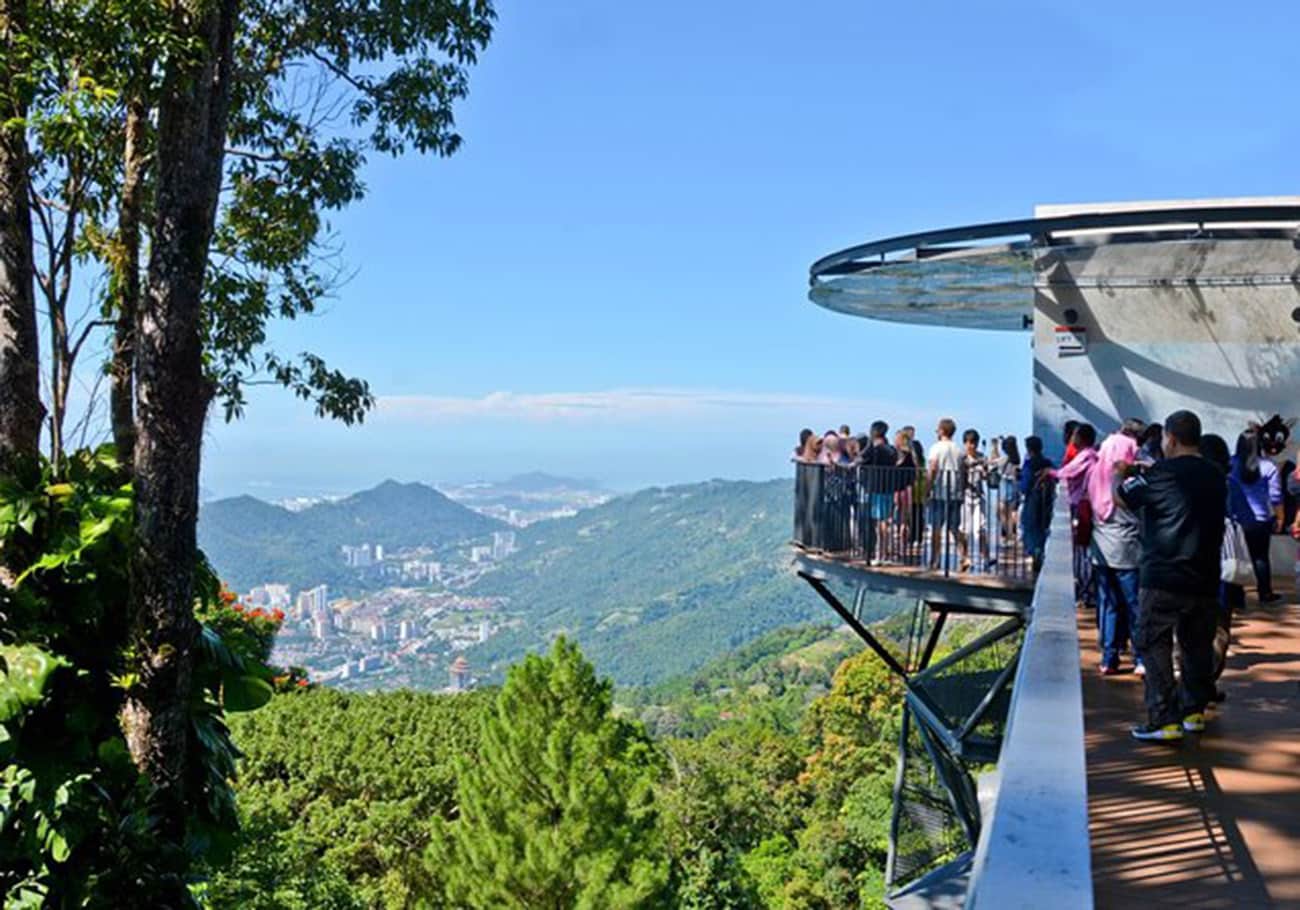
This categorisation, due to the limited land clearing involved, does not mandate public display of the EIA report. However, PHC clarifies that the report is available for review at the Department of Environment’s library.
PHC refuted claims that the cable car is mass rapid transit. Its capacity of 1,000 passengers per hour per direction is significantly lower than traditional public transportation systems.
They also pointed out that cable car technology is a globally recognised green mode of transport, successfully implemented in numerous UNESCO sites, including biosphere reserves.
The project is anticipated to significantly contribute to Penang’s tourism sector and local economy. PHC reiterated its commitment to balancing economic growth with environmental protection, aiming for a sustainable Penang Hill in line with its UNESCO biosphere reserve status.
They concluded by welcoming continued stakeholder engagement to foster better understanding of the project.


